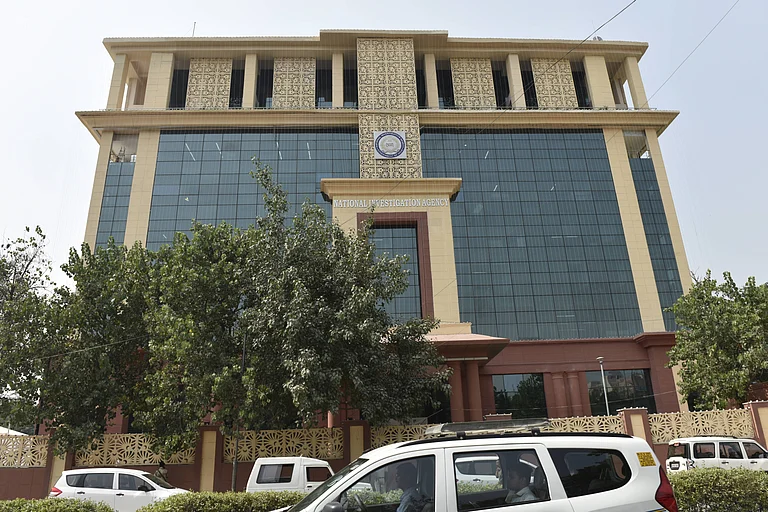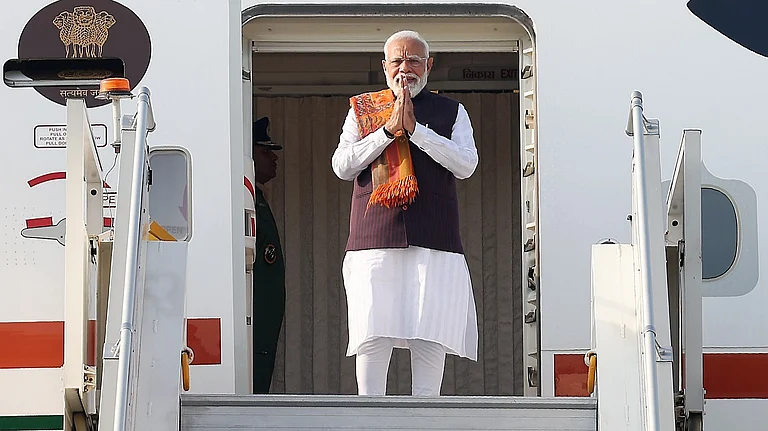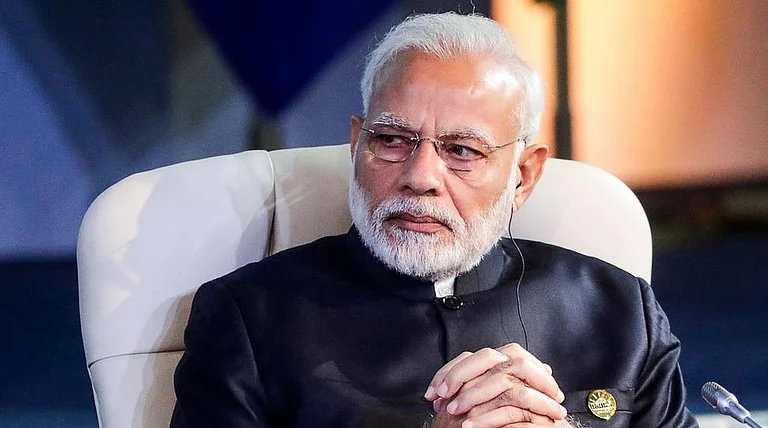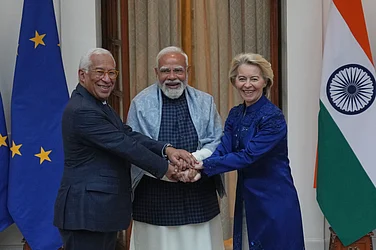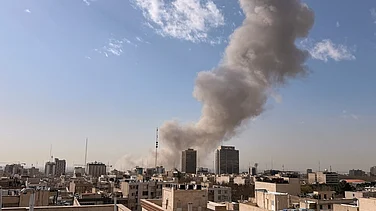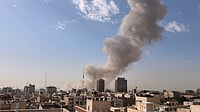In yet another breakout of migrants from a Malaysian detention centre, an undocumented migrant from Myanmar reportedly died in a road accident while fleeing an immigration detention centre with over a hundred others late Thursday.
A total of 131 migrants escaped from the Bidor immigration detention depot in Malaysia's western Perak state on Thursday night, according to a report by Reuters.
Following the death of the migrant, search operations have been ongoing for the remaining escapees.
The migrants, who escaped from the men's block of the depot, included 115 ethnic Rohingya refugees and 16 Myanmar nationals of other ethnicities, state news agency Bernama reported, citing a statement from Perak police. Bernama reported the man who died had been struck by a vehicle on a highway.
However, this is not the first reported breakout of migrants from Malaysian detention centre. Earlier, in April 2022, 582 ethnic Rohingya refugees from Myanmar escaped an immigration depot in northern Kedah state. Six of those migrants were killed after being hit by vehicles on a highway.
Malaysia, which does not recognise refugee status, has long been a favoured destination for ethnic Rohingya fleeing persecution in Myanmar or refugee camps in Bangladesh. However, for the refugees life may look somewhat better than facing persecution in their state but marginalisation of the people rob them of the voice to decide their rights.
Citing the coronavirus, the government has adopted a more restrictive stance against Rohingya refugees since 2020. Anti-immigrant xenophobia has also increased. Bangladesh, Malaysia, and Indonesia have turned away boats carrying Rohingya refugees in recent years. It has been described as a risky "game of human Ping-Pong" by the UN.
According to a report by the New York Times, in Malaysia, their status as refugees and unregistered migrants bars them from sending their children to government schools, meaning many receive little or no education. They are also barred from holding jobs legally, but necessity compels most of the men to find menial off-the-books labour.
Most importantly, several migrants reported that they would have to wait a long time for the UN office in Kuala Lumpur to officially recognize them as refugees, according to NYT that added that once this happens, they will be eligible to receive a valuable identity card, which many believe to be their best defence against being detained or mistreated by officials or the police.
An official from an organization that keeps an eye on the situation of refugees in the area, told NYT that "the Rohingya are actively employing strategies of community self-protection." While the Malaysian government is not offering sufficient protection, they are having to rely more on their resources which places a constraint on those resources.
Adding to this, there is also a dearth of children’s education and medical aid. Many Rohingya think that their current situation is part of a larger scheme by the government of Myanmar to keep them marginalized and weak even after they are exiled.







